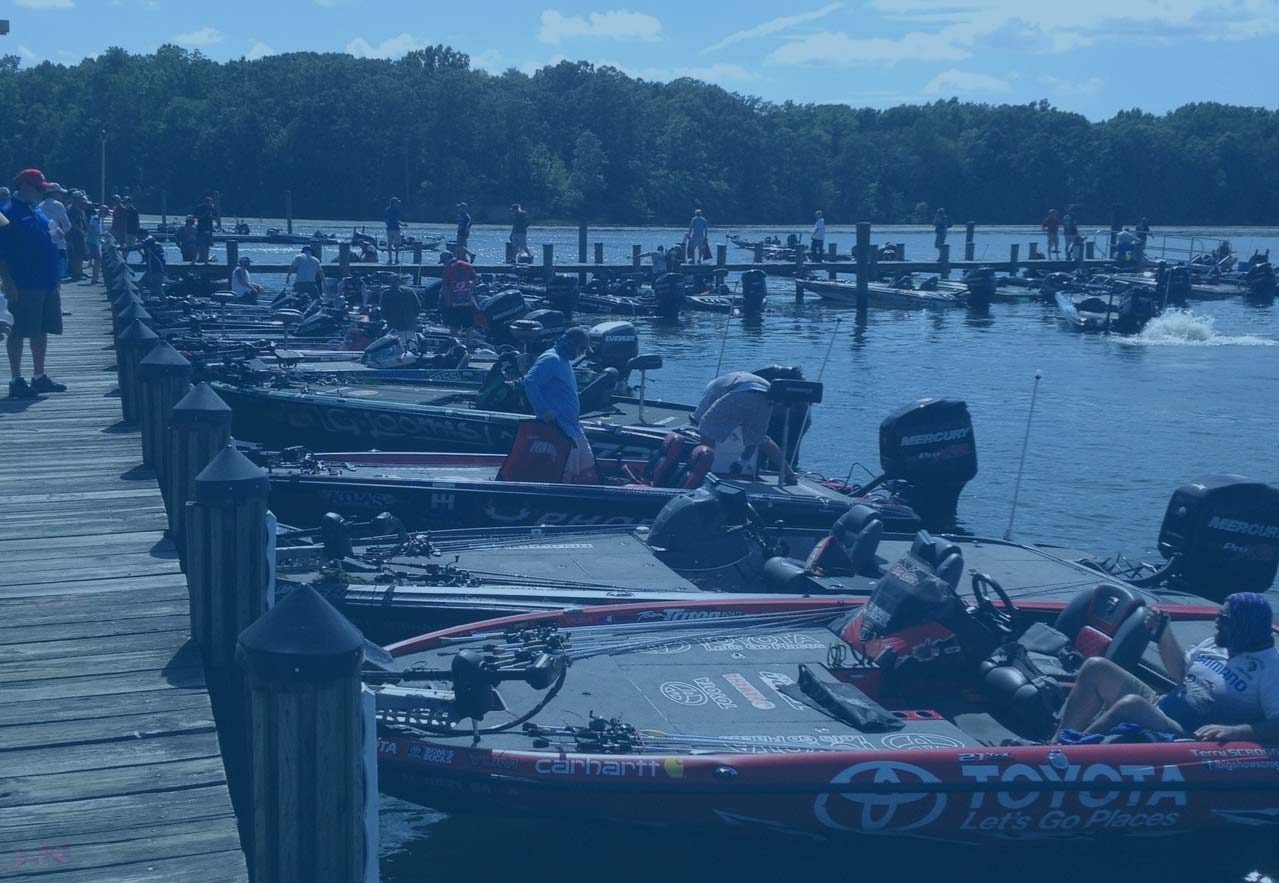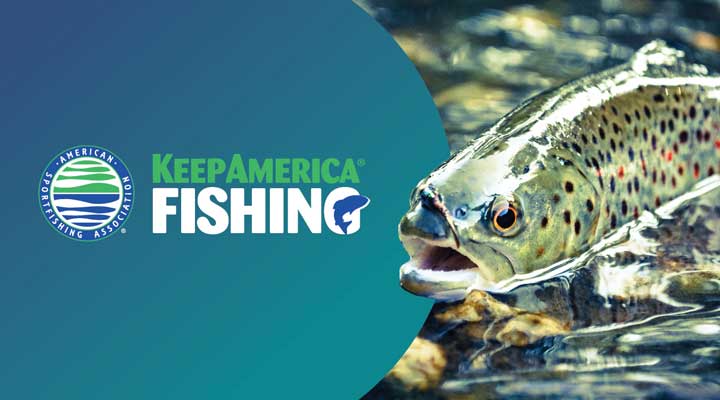Overview of the Issue
When deep-water fish (generally more than 30 feet) are brought rapidly to the surface, they experience barotrauma – a condition where a buildup of gas pressure in their bodies makes it difficult or impossible to swim back down. If an angler releases the fish due to size, season or bag limit restrictions and the fish does not survive, this is a dead discard or wasted fish.
To improve survival rates for released Gulf of Mexico reef fish such as snapper and grouper, the DESCEND Act has been introduced in Congress and needs your support.
The DESCEND Act of 2019, or the “Direct Enhancement of Snapper Conservation and the Economy through Novel Devices Act of 2019,” would require commercial and recreational fishermen to possess a descending device rigged and ready for use or venting tool when fishing for reef fish in Gulf of Mexico federal waters.
Similar regulations exist in other parts of the country, but a bureaucratic roadblock related to oil spill recovery funding has prevented regulation from occurring in the Gulf of Mexico, hence the need for federal legislation.
ACE and DESCEND Acts
ASA Vice President of Government Affairs, Mike Leonard, discusses a huge day for the recreational fishing community.
WHAT ASA is doing
ASA’s Government Affairs team provided invited testimony in support of the bill to the House Natural Resources Committee hearing and successfully lobbied for passage in the U.S. House of Representatives via unanimous consent.
Keep America Fishing engaged over 370,000 supporters in the Gulf States generating personal communications to Congress.
In a bipartisan win, the DESCEND Act was signed into law on January 13, 2021.








